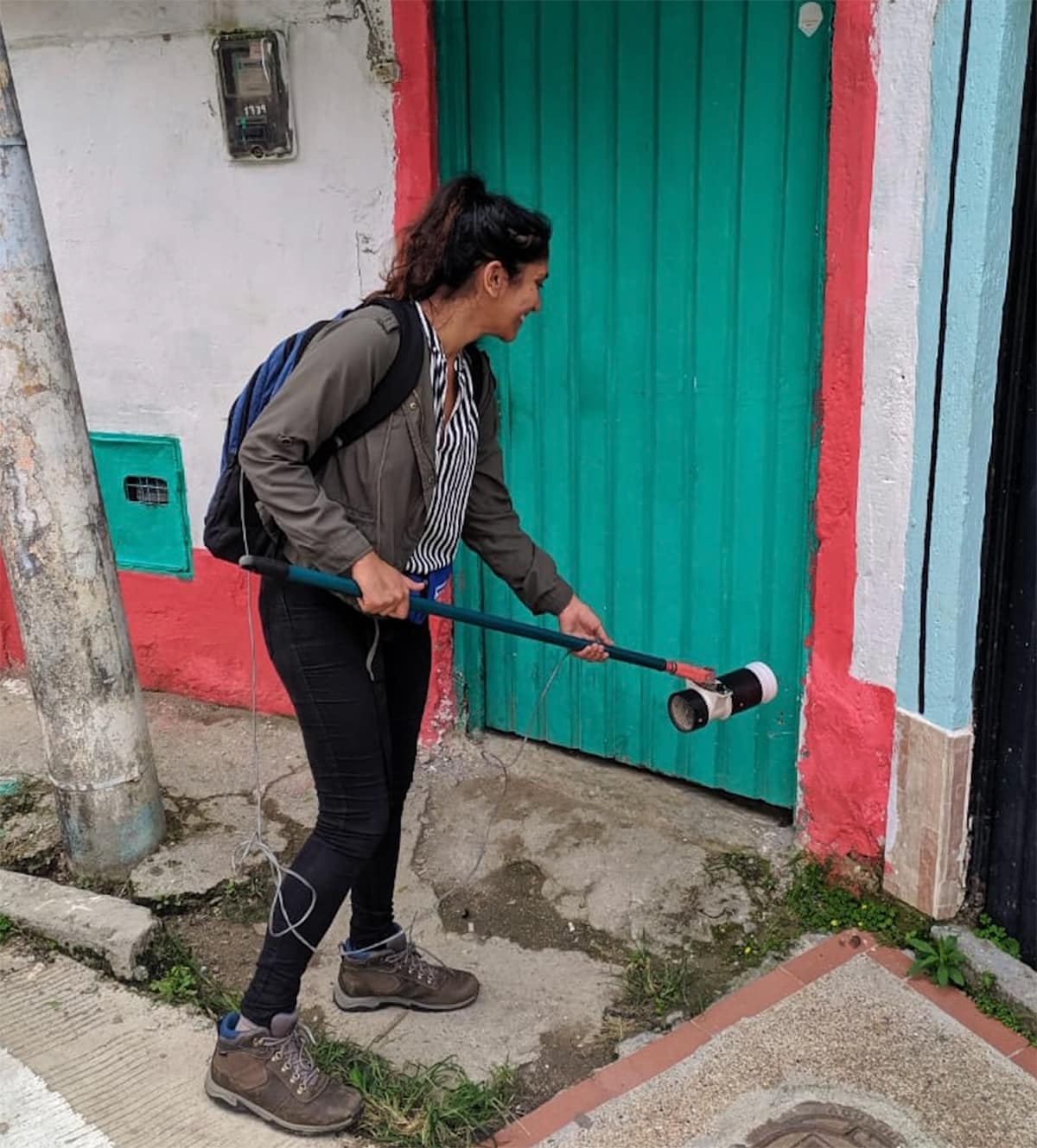COURSE INSTRUCTOR
Pallavi Kache

Pallavi Kache is a PhD candidate in ecology and evolutionary biology at Columbia University. Her research aims to understand how global changes like land use and climate change are affecting the spread of zoonotic and vector-borne diseases. For her dissertation, she focuses on how people and communities interact with the urban environment to produce risk of mosquito-transmitted diseases like dengue, Zika, and chikungunya. In 2019, she received a Fulbright fellowship to conduct her dissertation research in Colombia, South America, conducting household surveys and mosquito sampling within rapidly urbanizing cities.
Pallavi has trained and worked in the public health sector for over 10 years. She holds a Master’s of Public Health in infectious disease epidemiology, and a Bachelor’s degree in public health, with a focus on social and behavioral health. After undergrad, Pallavi worked at the Centers for Disease Control and Prevention (CDC), where she conducted case investigations and created health communications materials for zoonotic diseases like anthrax, leptospirosis, and rat-bite fever. She has always had a strong interest in the environmental sciences, and it was at the CDC that Pallavi first began to explore the intersection between ecology and infectious diseases.
In her time at Columbia, Pallavi has cultivated a strong interest in engaging in local environmental justice issues. In 2020, she co-founded the “Environmental Justice and Urban Ecology Summer Research Program at Columbia University. The summer program works with high school students and Columbia University undergraduates to conduct community-based ecological research in Northern Manhattan. During the program, teams of youth researchers conduct fieldwork in Highbridge Park to answer questions about environmental justice and biodiversity, ecosystem services, and water quality. Evidence from this research is then used to inform environmental justice advocacy and activism, as well as management and restoration efforts in the park. She hopes to explore the intersection of social justice and emerging infectious disease research in the future.
When she is not working, Pallavi can be found on hiking trails with her dog Harper, exploring new restaurants and cafes, and wandering the halls of New York’s many museums (including AMNH).